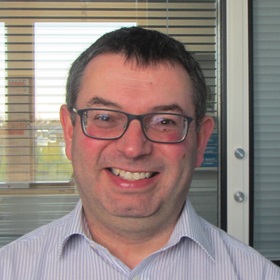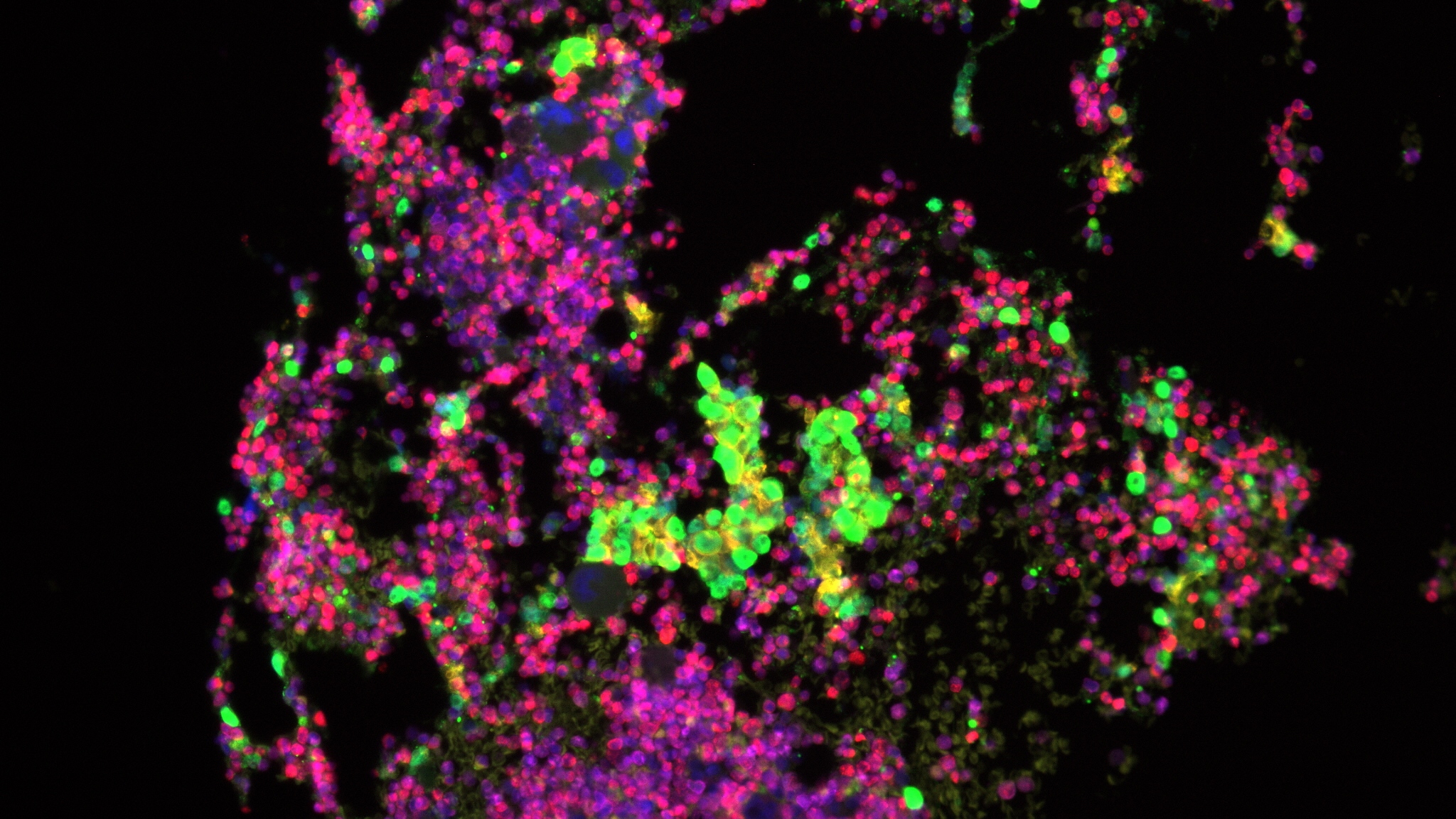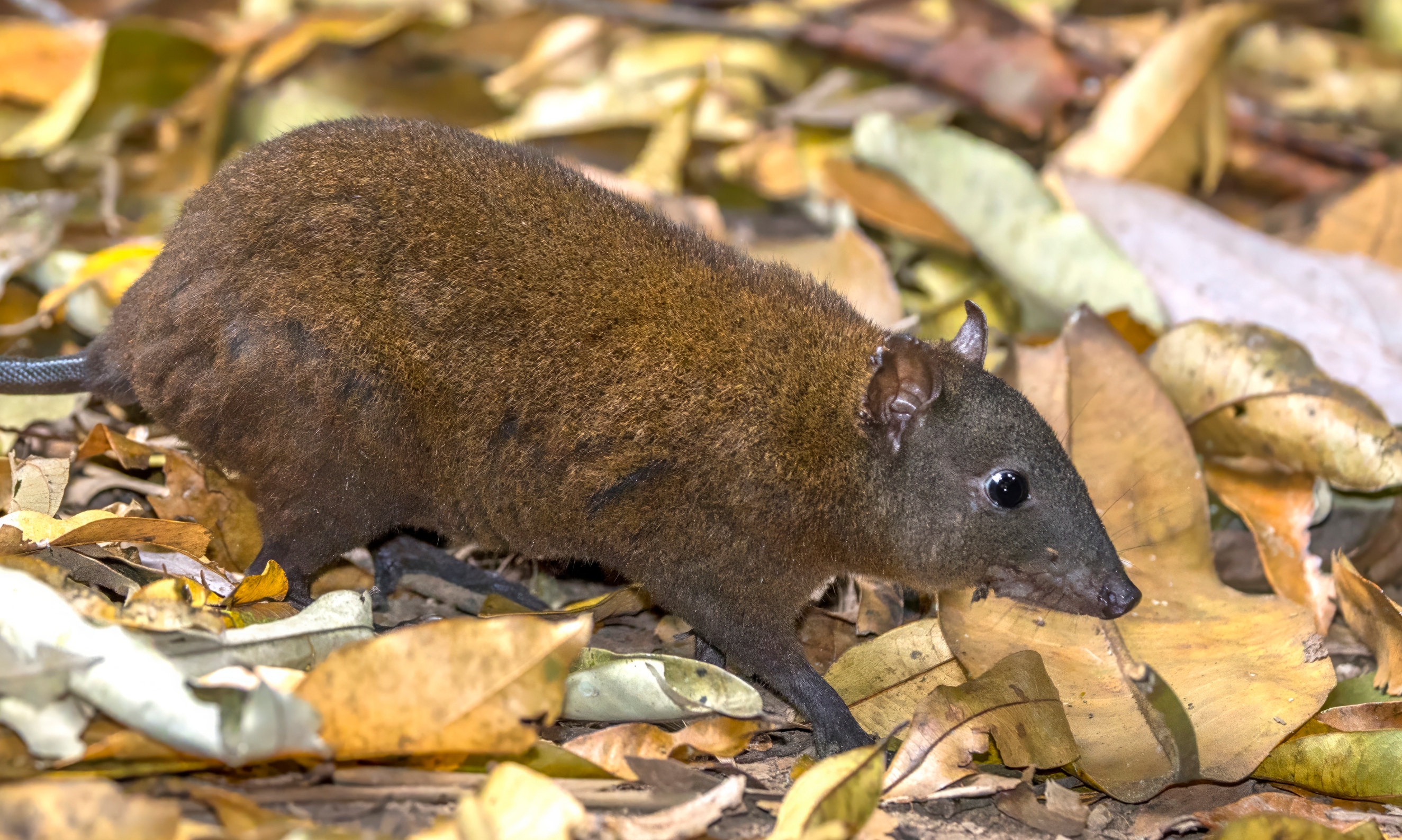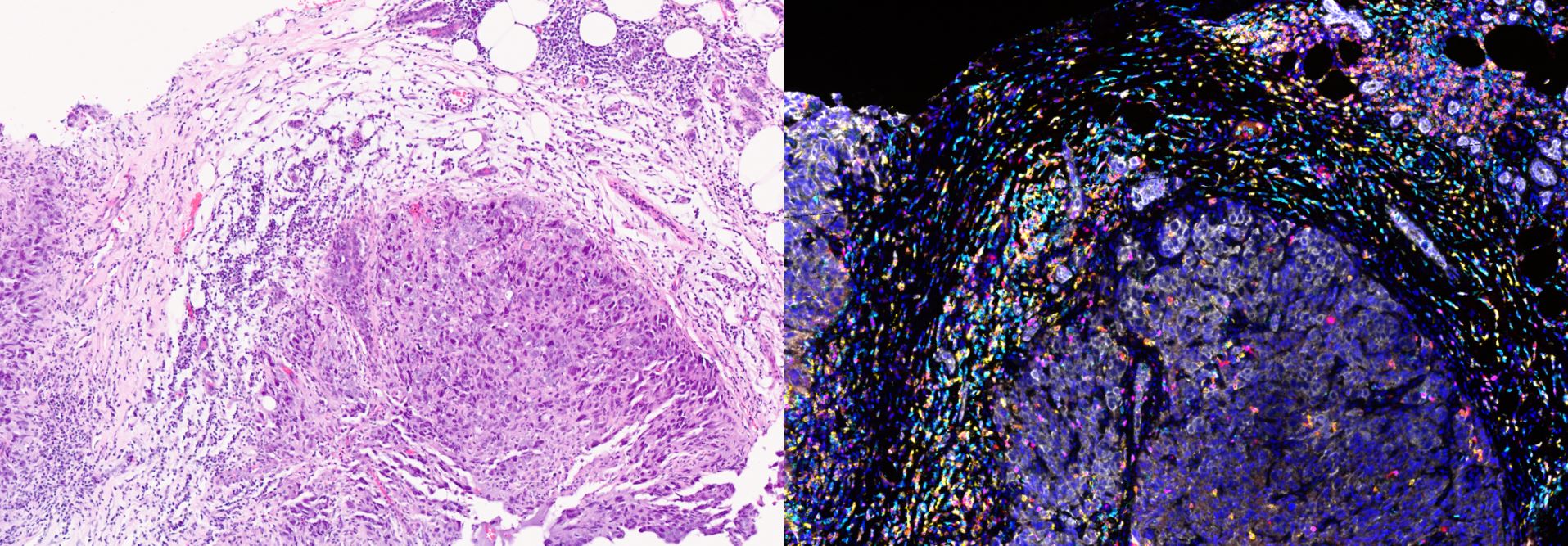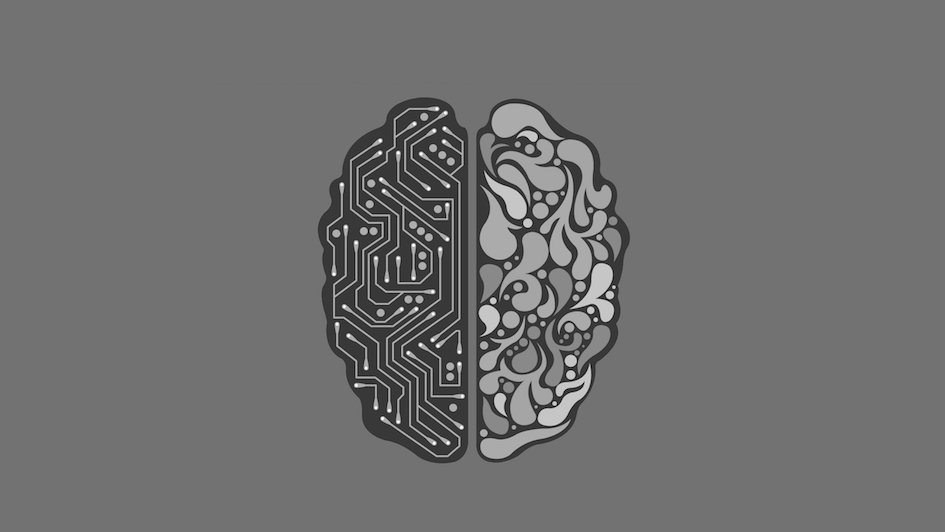Division of Radiotherapy and Imaging
The Division of Radiotherapy and Imaging is investigating new imaging methods to diagnose cancer, and ways in which advances in technology and molecular biology can improve radiation treatment. It is also increasingly concerned with the use of imaging to evaluate the response to treatment in vivo, through techniques measuring aspects of tumour biology.
Aims, facilities and activity in this division
The division includes the Cancer Research UK Radiation Research Centre of Excellence (RadNet), the Centre for Cancer Imaging, and overlaps with the Joint Department of Physics, which spans The Institute of Cancer Research, London, and The Royal Marsden NHS Foundation Trust.
Researchers in the division are developing methods to more accurately image tumours, making improvements to treatment planning, and implementing and assessing techniques to precisely target beams of radiation. Projects are using 3D imaging and robotics, and include quality assurance to ensure the safety of new techniques in a clinical setting.
The division has long-standing clinical imaging research programmes in computed tomography (CT) and magnetic resonance imaging (MRI), together with major projects in ultrasound, nuclear medicine, X-ray detectors and imaging applied to radiotherapy and focused ultrasound therapy.
The ICR’s leading role in the development of intensity-modulated radiotherapy (IMRT) and image-guided radiotherapy (IGRT) has helped to change the way that radiotherapy is provided in the UK and worldwide.
Researchers in the division are also interested in developing ways of increasing the effectiveness of radiotherapy by combining it with other treatments – including targeted drugs or viral therapies.
A major research focus is the development of multimodality imaging for evaluating response to treatment in vivo. Novel imaging techniques can provide non-invasive assessments of various facets of tumour biology such as tumour angiogenesis, cell proliferation and hypoxia.
The joint appointments of faculty in this division and the divisions of Cancer Biology, Cancer Therapeutics or Clinical Studies ensure scientific and technical developments are rapidly taken through to testing in the clinic.
Video: World first treatment with ‘acoustic cluster therapy’ to improve chemotherapy delivery
Research group leaders
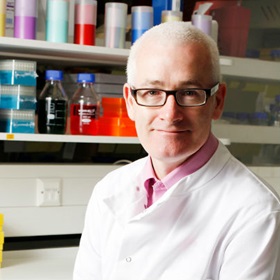
Professor Kevin Harrington
Head of Division
Targeted Therapy Magnetic Resonance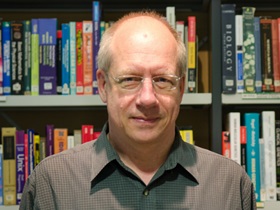
Professor Uwe Oelfke
Deputy Head of Division
Radiotherapy Physics Modelling
Professor Jeff Bamber
Group Leader
Ultrasound and Optical Imaging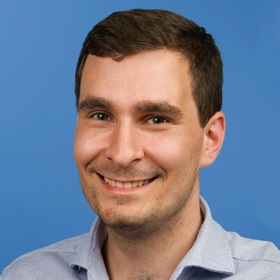
Dr Matthew Blackledge
Group Leader
Computational Imaging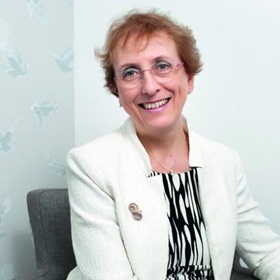
Professor Rosalind Eeles
Group Leader
Oncogenetics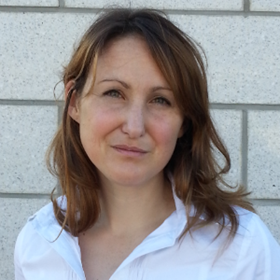
Dr Emma Harris
Group Leader
Imaging for Radiotherapy Adaptation
Professor Nick James
Group Leader
Prostate and Bladder Cancer Research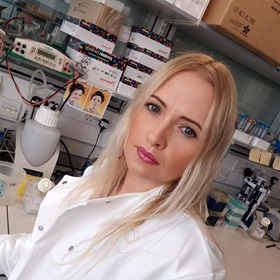
Dr Gabriela Kramer-Marek
Group Leader
Preclinical Molecular Imaging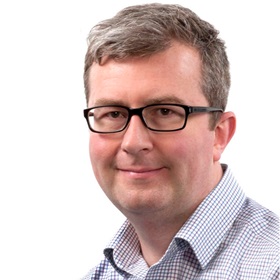
Professor James O'Connor
Group Leader
Quantitative Biomedical Imaging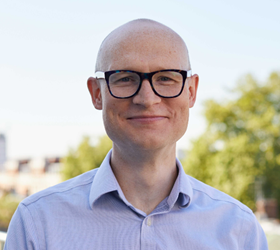
Dr Ben O'Leary
Group Leader
Evolution and Translational Genomics.tmb-propic-md.jpg?Culture=en&sfvrsn=2a433c7a_8)
Professor Simon Robinson
Group Leader
Pre-Clinical MRI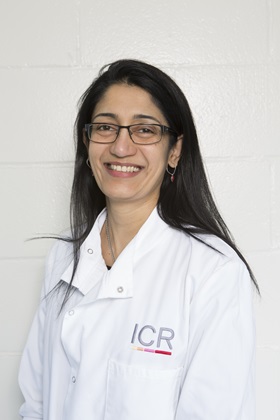
Dr Navita Somaiah
Group Leader
Translational Breast Radiobiology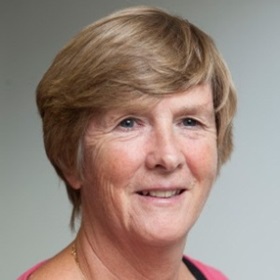
Professor Gail Ter Haar
Group Leader
Therapeutic Ultrasound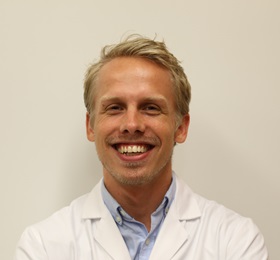
Dr Erik Wennerberg
Group Leader
Radiation-enhanced Immunotherapy
Dr Kathy Chan
Group Leader
Experimental and Translational TheranosticHonorary faculty members
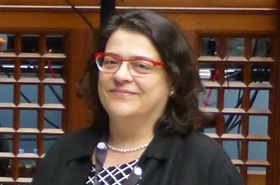
Dr Dimitra Darambara
Honorary Faculty
Multimodality Molecular Imaging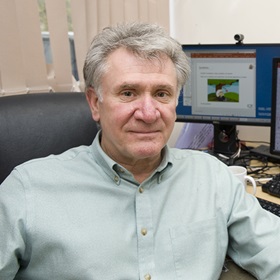
Professor Glenn Flux
Honorary Faculty
Radioisotope Physics
Professor Andrew Hayes
Honorary Faculty
Sarcoma and Melanoma Surgery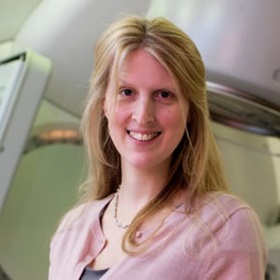
Dr Anna Kirby
Associate Honorary Faculty
Breast Cancer Radiotherapy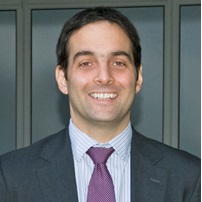
Dr Henry Mandeville
Honorary Faculty
.tmb-propic-md.jpg?Culture=en&sfvrsn=86d3d715_8)
Professor Helen McNair
Honorary Faculty
Translational Therapeutic Radiography
Professor Christina Messiou
Honorary Faculty
Functional Imaging
Dr Julia Murray
Honorary Faculty
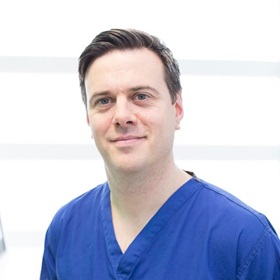
Myles Smith
Honorary Faculty
Translational Sarcoma, Melanoma and Rare Tumour Surgery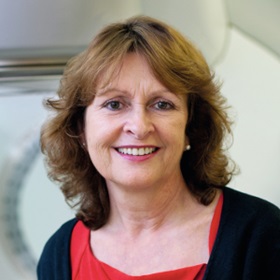
Dr Diana Tait
Honorary Faculty
Gastrointestinal Clinical Oncology
Dr Alison Tree
Honorary Faculty
Uro-oncology Clinical Trials
.jpg?sfvrsn=2781c1a9_2)
.tmb-propic-md.jpg?Culture=en&sfvrsn=492e618f_9)
